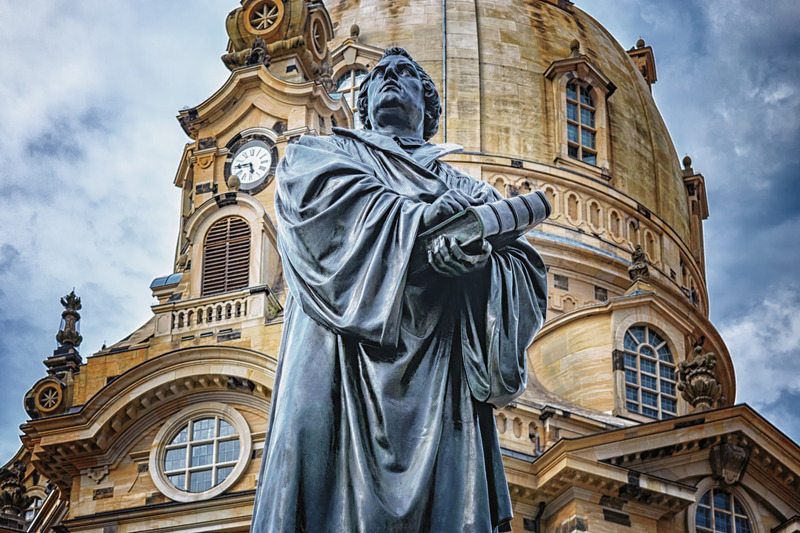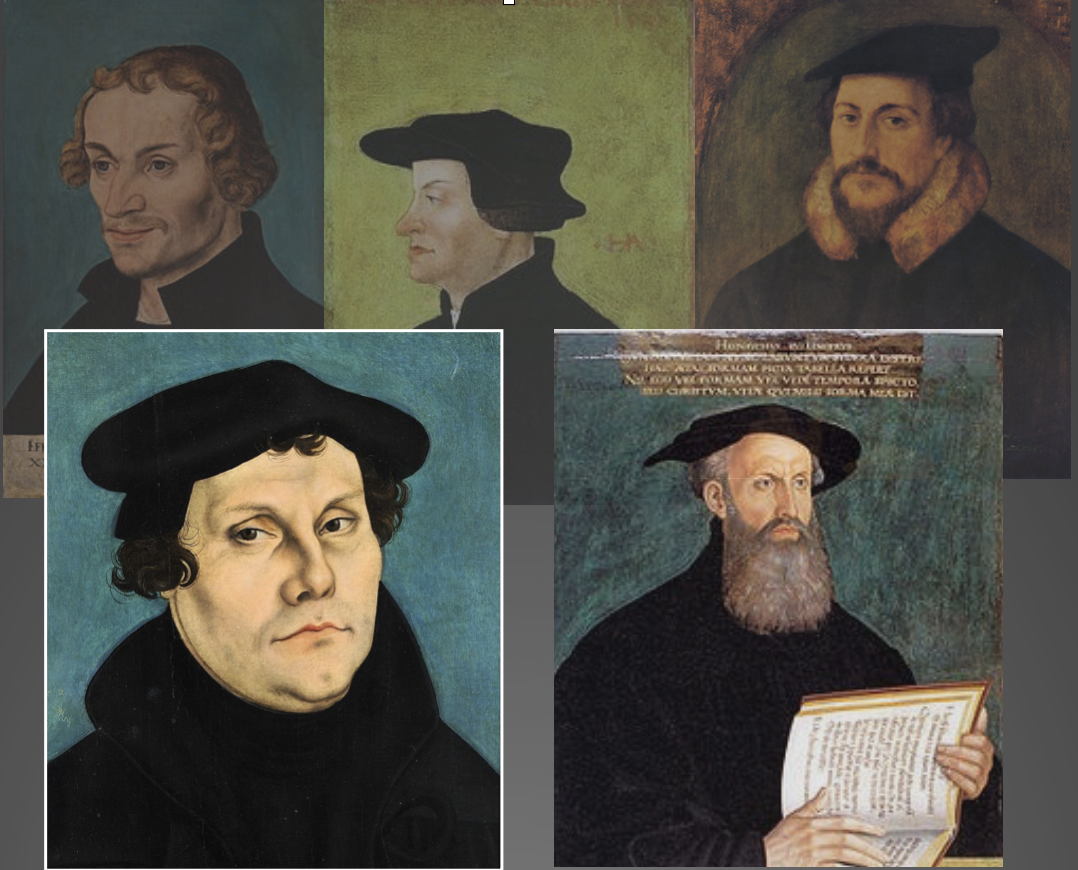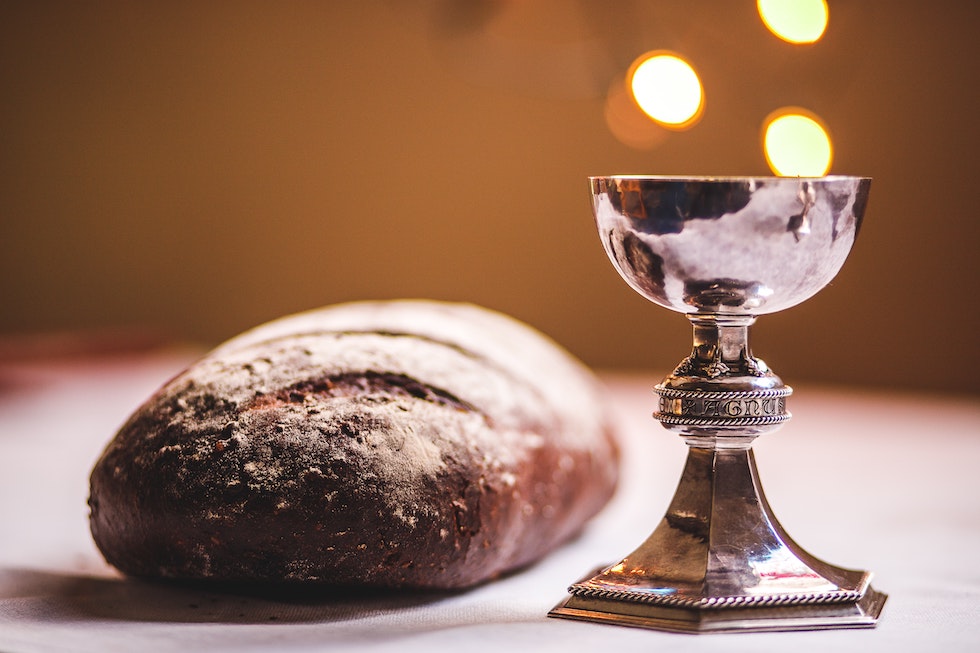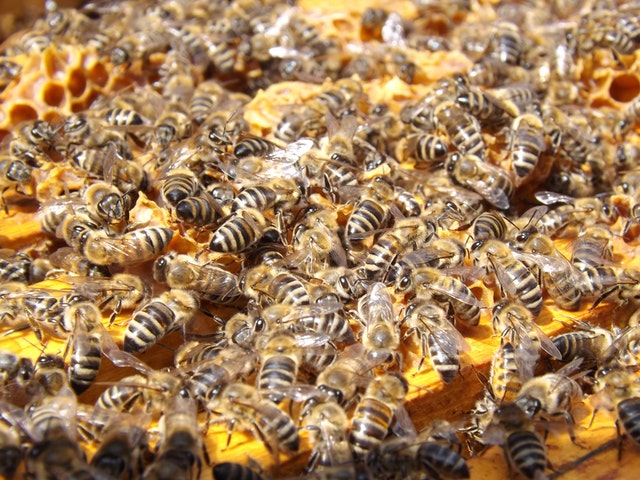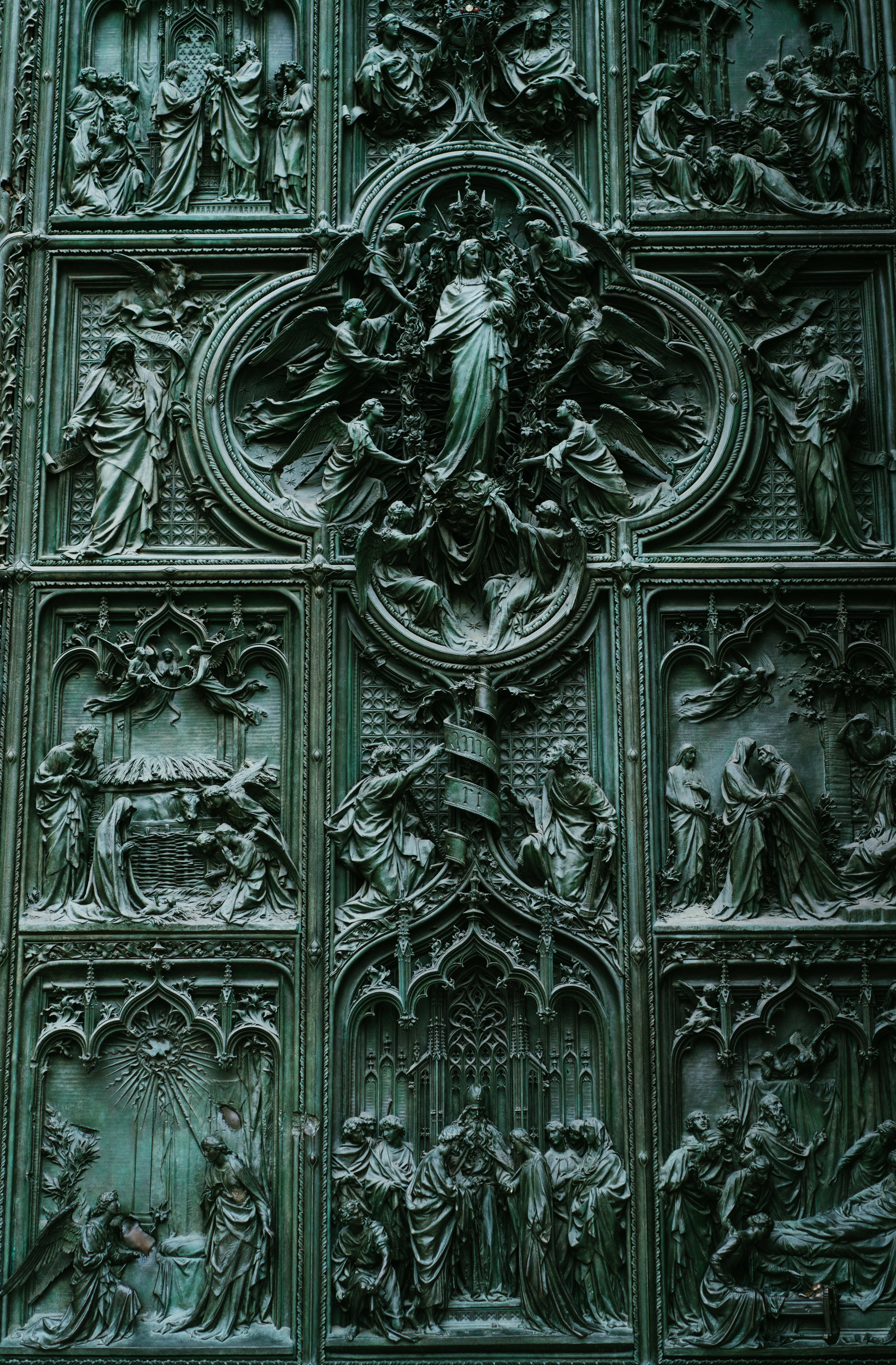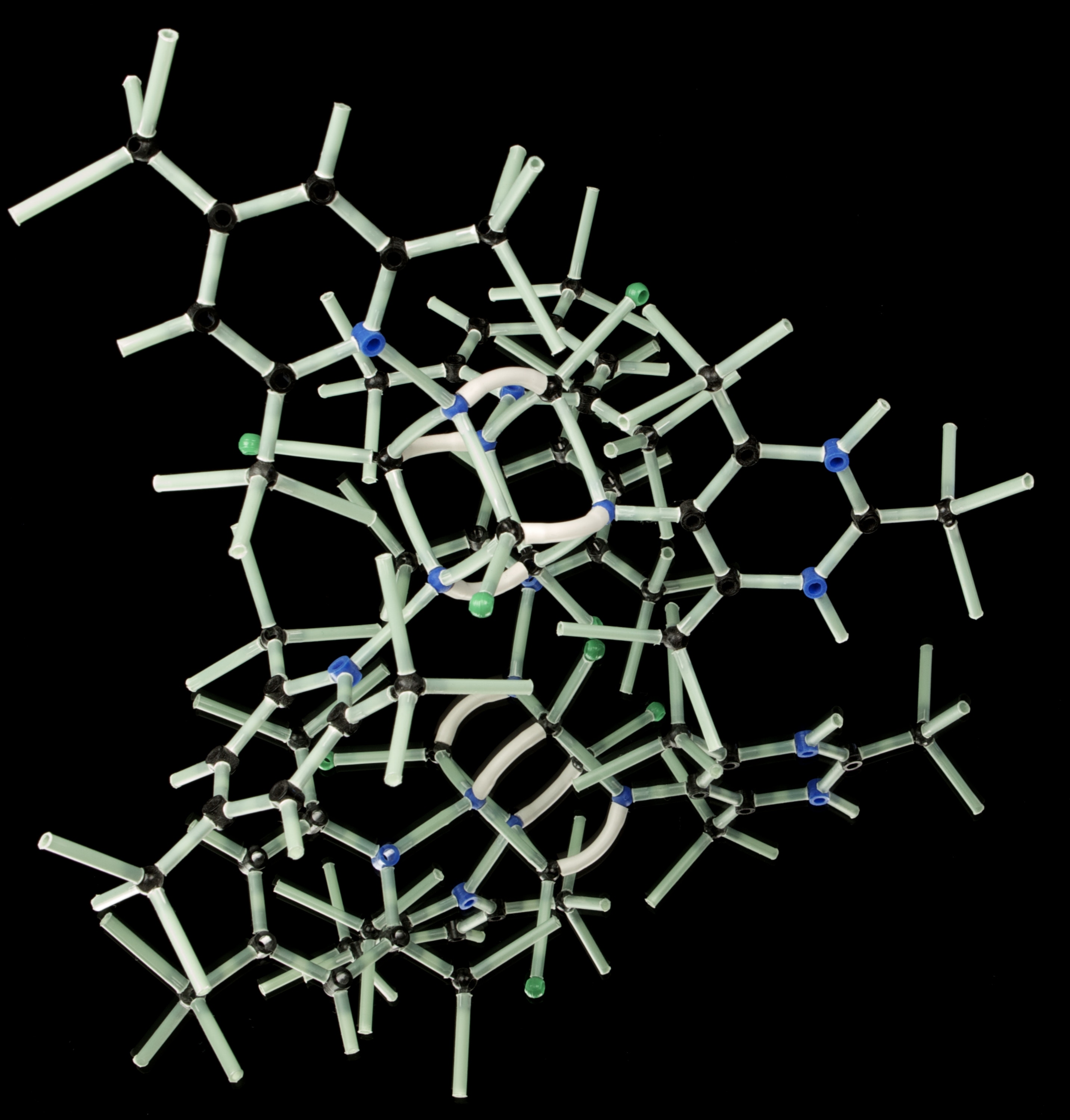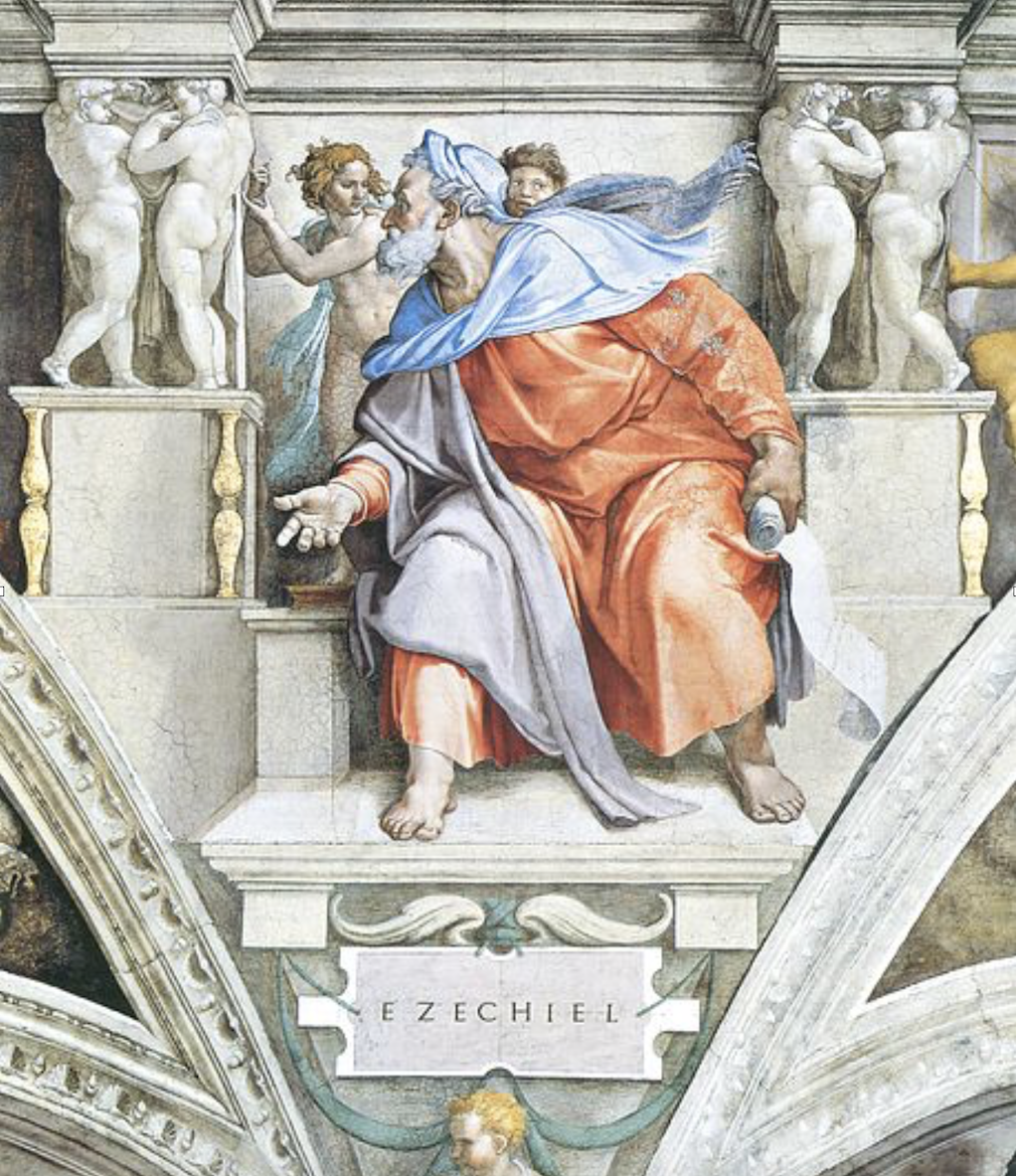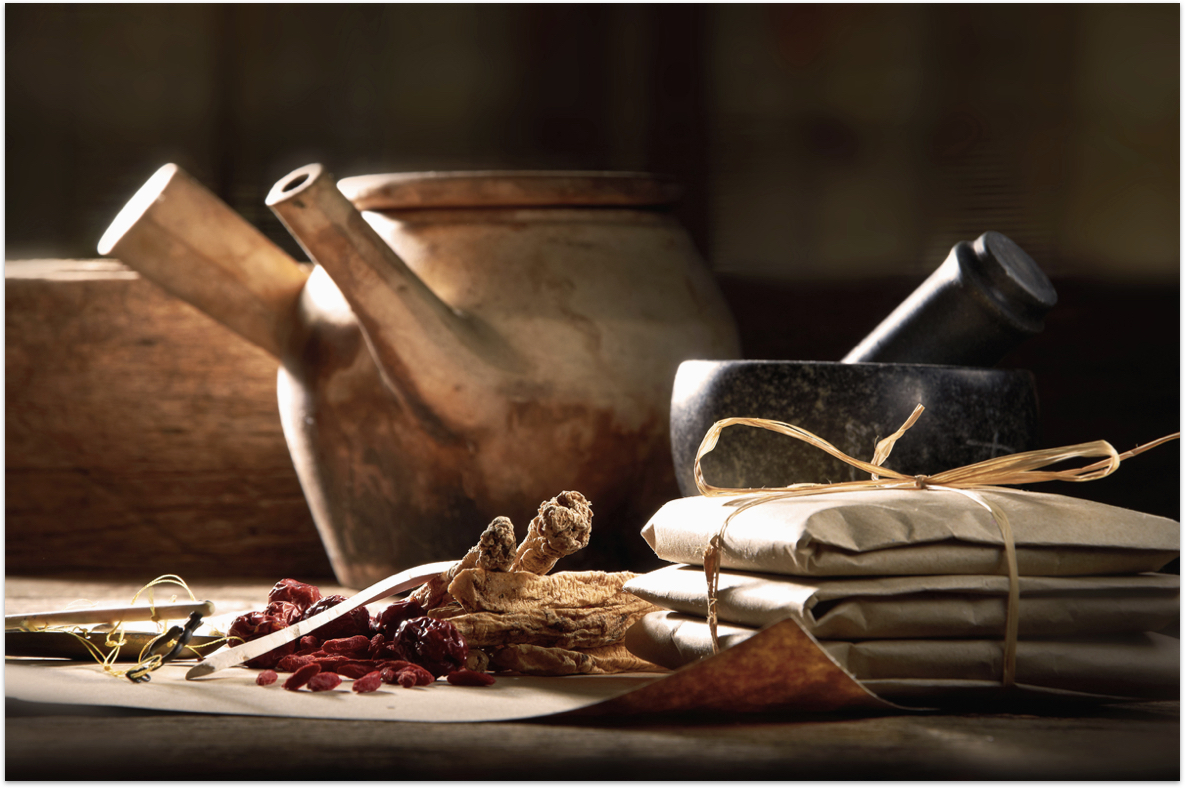Monica and Macrina: Are their 4th Century teachings relevant to Mothers today?
Augustine’s Mother, Monica, is probably the best-known Christian mother from antiquity. She lived from AD 331 to 387.
Her husband, Patricius, was unfaithful to her in their early years together. Monica was a faithful wife, despite his temper and infidelity. By the grace of God, Patricius became a Christian towards the end of his life. What a wonderful testament to God’s faithfulness!
Monica was 23 years old when she gave birth to Augustine in 354. “My mother put great trust in [God] from an early age,” Augustine penned, and she “was in greater labour to ensure my redemption than she had been at my birth.”
When Augustine was a young man, he delighted in the evil of stealing pears from a neighbor’s tree. Later he was zealous in his pursuit of his earthly desires. Erudition was more important to him than holiness. He was swayed by Manichaeism, a dualistic doctrine that opposes Christianity. Monica was deeply concerned about her son’s spiritual well-being.
Monica could only pray and weep for Augustine because he paid no attention to her words. Augustine wrote in Confessions of a mother who “wept to [God] for me, crying more tears for my spiritual death than most mothers shed for a son’s bodily death.”
Monica has been honored by the church as a model of steadfast prayer and motherly devotion. She cared for her son and pursued his conversion from the beginning of his life to the end of hers.
Those who have unbelieving children or prodigals who have strayed from the Lord can draw strength from Monica’s story: her steadfast love for her son and unyielding faithfulness to the Lord.
Philippians 4:6-9 ESV
Do not be anxious about anything, but in everything by prayer and supplication with thanksgiving let your requests be made known to God. And the peace of God, which surpasses all understanding, will guard your hearts and your minds in Christ Jesus. Finally, brothers, whatever is true, whatever is honourable, whatever is just, whatever is pure, whatever is lovely, whatever is commendable, if there is any excellence, if there is anything worthy of praise, think about these things. What you have learned and received and heard and seen in me—practice these things, and the God of peace will be with you.
After his beloved mother’s death, Augustine felt as if he had lost the immense support Monica had given, “…my soul was wounded, and my life as it were torn to pieces”. “A bed of tears shed for an earthly love”.
Augustine thanked God for his mother and praised her Christian character several times in his Confessions. She was generous in almsgiving, faithful and supportive in serving God’s people, going to the altar twice a day in the morning and evening.
Monica also made it a point not to participate in idle gossip, but to give ear to the Word of God and seek the Lord in her prayers. What is noteworthy is that Monica’s piety, Augustine came to realise, was not the product of innate goodness or fruitful striving; it was a gift from God—received, not earned.
In the same way that Monica taught Augustine, Gregory of Nyssa refers to his elder sister Macrina as “the teacher.” In her words, “we always use the holy Scripture as the canon and rule of all our doctrine. So we must necessarily look towards this standard and accept only that which is congruent with the sense of the writings.”
2 Timothy 3:16-17
All Scripture is breathed out by God and profitable for teaching, for reproof, for correction, and for training in righteousness, that the man of God may be complete, equipped for every good work.
Macrina was born in the Cappadocian city of Caesarea to Basil the Elder and Emmelia. Macrina the Elder was her grandmother. Basil the Great and Gregory of Nyssa, as well as Peter of Sebaste and the prominent Christian jurist Naucratius, were among her nine siblings. Her father arranged her marriage, but her fiancé died before the wedding. She did not marry another, but chose to devote herself to Christ through a life of celibacy and service.
Macrina and her mother grew closer from the time of her father’s death until her mother’s death about the year 370. Macrina stepped in and successfully raised her youngest sibling, Peter, as her mother’s helper and constant companion.
Macrina’s influence over the household increased over time. The people who lived on the family estate at Annesi, about a day’s journey from Neocaesarea, gradually became more like an egalitarian society, sharing food, work, and worship, and less like a wealthy Roman family whose members were waited on by servants and slaves.
The community’s popularity developed over time, and people who were not related to the family began to show up at the door, asking to enter. A famine hit the region in 369, and the community became known for its hospitality. Not only did Macrina and her brother Peter feed anyone who came to them, they also scoured the roads and lanes for abandoned children. They adopted these children into the community. This is a great testament to the love she had for Christ, heeding the warnings of the prophet Isaiah:
Isaiah 40: 1-3
Woe to those who make unjust laws, to those who issue oppressive decrees, to deprive the poor of their rights and withhold justice from the oppressed of my people, making widows their prey and robbing the fatherless. What will you do on the day of reckoning, when disaster comes from afar? To whom will you run for help? Where will you leave your riches?
We would never have known about Macrina if it hadn’t been for her brother Gregory’s biography. Her God-honouring life had a great impact on her family and the community. Her devotion to God has influenced and motivated her spiritual children for more than 1700 years.
As we reflect on Monica and Macrina, there is much to learn from and emulate, whether we have been given “fruit of the womb” or otherwise, women in the church who are called to be spiritual mothers.
Sources:
https://www.cslewisinstitute.org/webfm_send/1546
https://www.christianitytoday.com/history/issues/issue-93/faith-of-our-mothers.html
https://www.reformation21.org/mos/housewife-theologian/complementarian-cappadocian-brothers
https://sciencemeetsfaith.wordpress.com/tag/st-macrina-the-younger/
https://myocn.net/macrina-younger/



